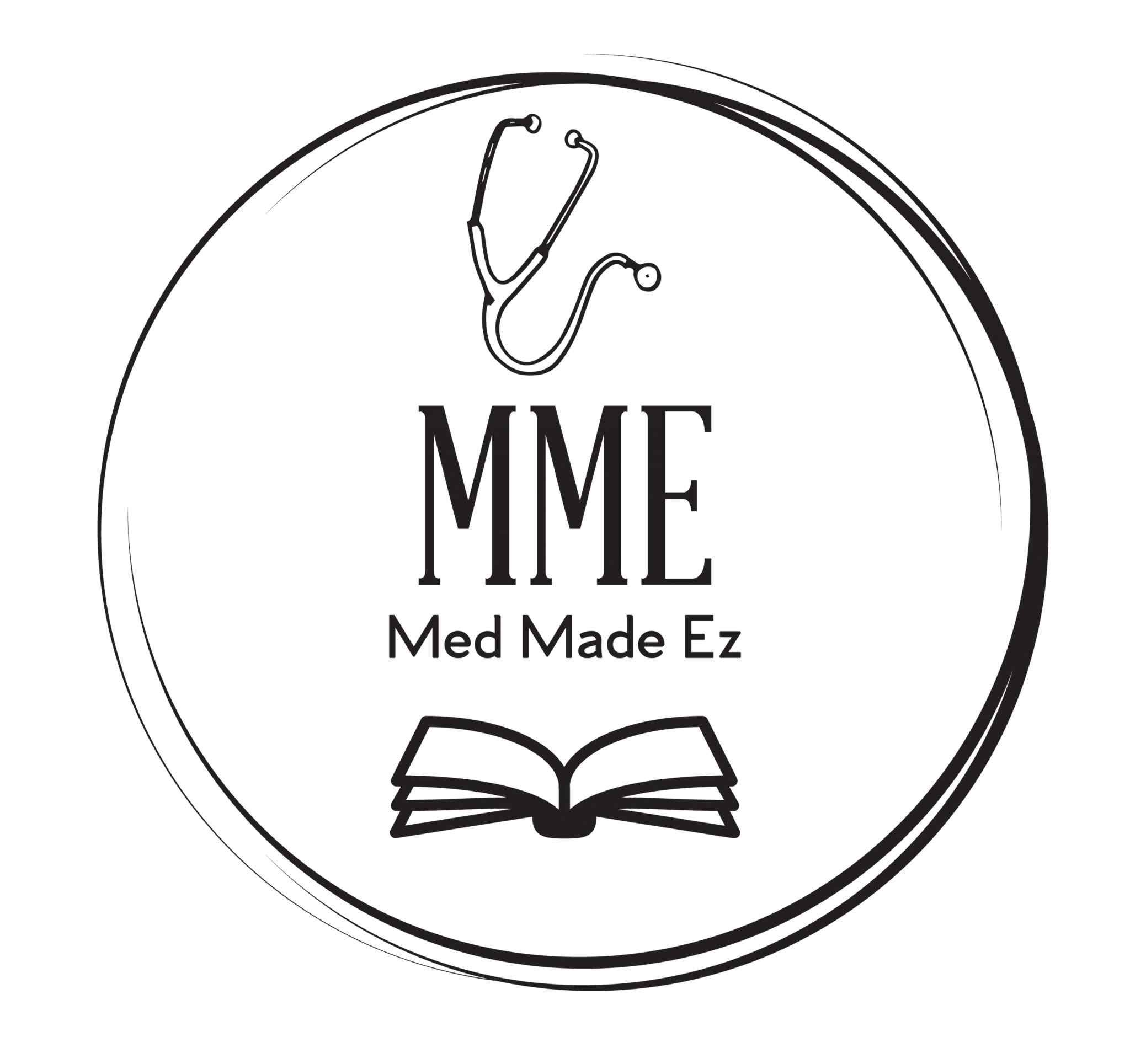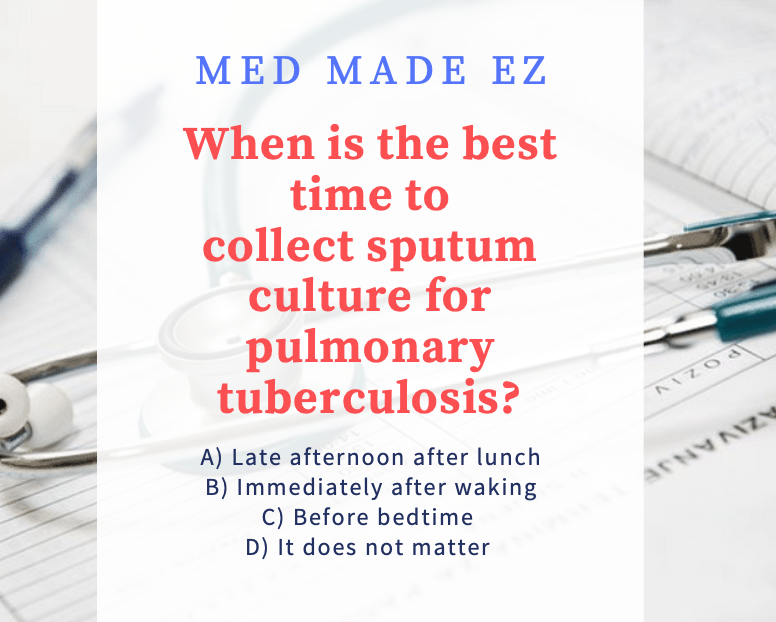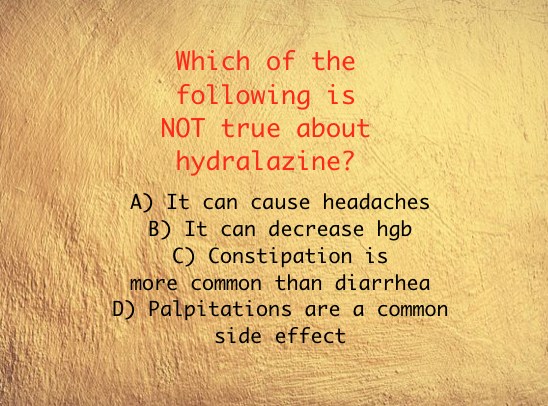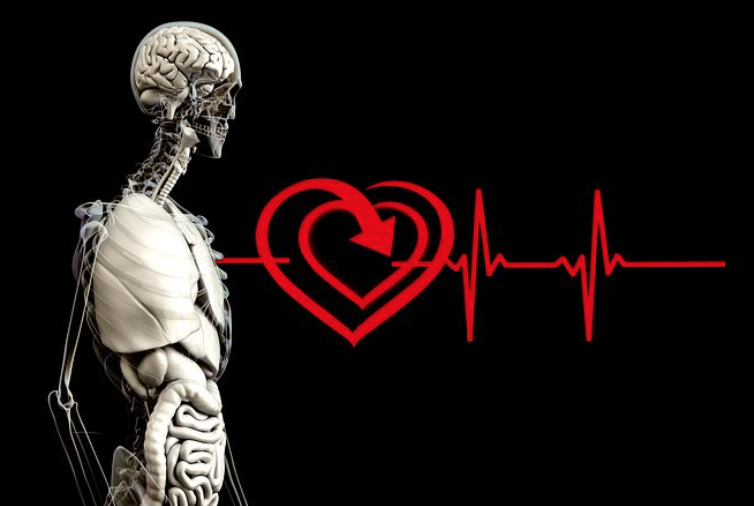WANT THE MOST CURRENT QUESTIONS SENT TO YOU? SIGNUP:
[jetpack_subscription_form]
Nursing Student? Studying for NCLEX? New Nurse? Medical professional? Or just love to learn about medical stuff? Check out Med Made Ez channel! Making medical topics easier to learn & remember!
Example Video:
TODAY’S TEST QUESTION:

CORRECT ANSWER
A) BP 199/65
NCLEX NEED TO KNOW INFO
TRANSFUSION REACTIONS:
- Transfusion reactions generally occur in the first 15 minutes, however can occur hours after an infusion.
- It is important to recognize the signs and symptoms of a reaction. But there are different kinds of reactions.
- TACO & TRALI are 2 different types of reactions.TACO means: transfusion associated circulatory overload-the name explains itself.
- In TACO there are signs & symptoms of overload-Including hypertension, distended neck veins, elevated BNP, and or improvement with symptoms by using diuretics.
- TRALI stands for: transfusion related acute lung injury. In TRALI-hypotension, fever, and leukocytosis may be seen.
- In both types of reactions, signs and symptoms may include shortness of air, rales, and infiltrates.
- TRALI doesn’t normally respond to treatment with diuretics like TACO does.
- TRALI is associated with hypotension and hypertension is seen more with TACO.
- TACO leads to heart failure and then to fluid overload.
- TACO is usually with large amounts of blood products given.
- TRALI is an acute lung injury related to blood transfusions.
- Respiratory distress can be seen in both reactions.
- Both reactions are life threatening and should be recognized quickly.
WHAT TO STUDY IN RELATION TO BLOOD PRODUCTS
- Know signs & symptoms of a transfusion reaction
- Know the best interventions if a reaction is suspected (make sure to stop the transfusion immediately)
- Know what to do with the tubing, remaining blood product, after a reaction
- Take it to the blood bank




